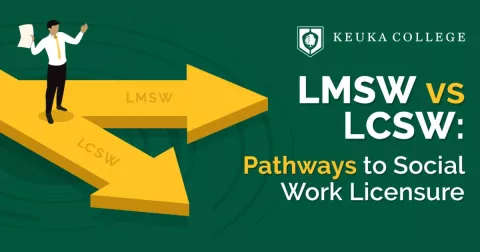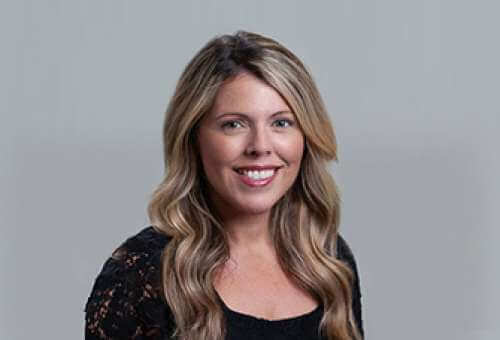Become a Keuka College Social Work Supervisor
Keuka College is in search of Social Work supervisors to help mentor Keuka College Master of Social Work (MSW) students. The MSW program is a part-time program which focuses on the assessment, diagnosis, treatment, and prevention of mental illness, as well as emotional and other behavioral disturbances.
Supervisors are required to be licensed master’s level social workers with at least 2 years of post-graduate experience. The field placement agencies are focused within: generalist experience in social work, social services agencies, schools, shelters, foster care, child welfare agencies (non-clinical), and others.
During the second year, a heavy emphasis is placed on clinical fieldwork. During the time with their Supervisor, students will become familiar with their role and function at the agency, as well as begin to integrate classroom learning from the foundation courses to practical applications. Supervisors can support students during this time for 500 field hours
The program is split into two tracks - The traditional track for students without a social work degree looking to change careers, and the advanced track for students who already have a bachelor’s in social work. Clinical field hour requirements vary by track.
The field placement agencies are focused within (but not limited to):
- Social Service Agency
- Schools
- Shelters
- Foster care
- Child Welfare Agency
- Outpatient Mental Health Clinic
- Inpatient Psychiatric Clinic
- Child Advocacy Facility
- Substance Use Disorder Clinics
Benefits of a Supervisor
- Help train the next generation of social workers and watch them grow their skills in a clinical setting
- Gain valuable leadership skills to enhance your resume
- Obtain support in your day-to-day activities and tasks
- Reinforce your own expertise while learning skills from students
Contact Us
Your support of our students and programs is greatly appreciated. If you or someone you know may be interested in being a supervisor, please contact:
Help shape the next generation of Social Workers
As a Keuka College Social Work supervisor, you will help facilitate the hands-on education of the next generation of social workers, sharing your expertise and guidance as you watch these students develop within a professional setting.
Upon completion of the Keuka College MSW program, graduates will be able to:
- Demonstrate ethical and professional behavior
- Engage diversity and difference in practice
- Advance human rights and social, economic, and environmental justice
- Engage in practice-informed research and research-informed practice
- Engage in policy practice
- Engage with individuals, families, groups, organizations, and communities
- Assess individuals, families, groups, organizations, and communities
- Intervene with individuals, families, groups, organizations, and communities
- Evaluate practice with individuals, families, groups, organizations, and communities
Curriculum Snapshot - MSW Traditional Track
Supervisors have the opportunity to support MSW students for 400 or 500 field hours, depending on the course.
The focus of this first in a series of two courses will be on becoming familiar with the social service agency, and the intern’s role and function at the agency, as well as beginning to integrate classroom learning from the foundation courses to practice applications.
This course focuses on the student’s development and integration of professional use of self in their direct practice with family systems and couples, with emphasis on diverse populations.
This course focuses on expanding student knowledge related to human bio-psycho-social-spiritual development through the life stages, including knowledge about social systems in which individuals live (families, groups, organizations, instructions, and communities).
Curriculum Snapshot - MSW Advanced Track
Supervisors have the opportunity to support MSW students for 500 field hours.
This course provides experiential learning along with discussion and assignments that support the integration of theory, as well as professional ethics and values.
This course concentrates on the basics of trauma theory, etiology, and treatment of traumatic symptomatology so that students can develop the knowledge and skills necessary to effectively treat survivors.
This course provides the student with an advanced understanding of human behavior in the context of the social environment, examining the family, the community, and the organization as social systems and contexts for the development of individuals and groups.






